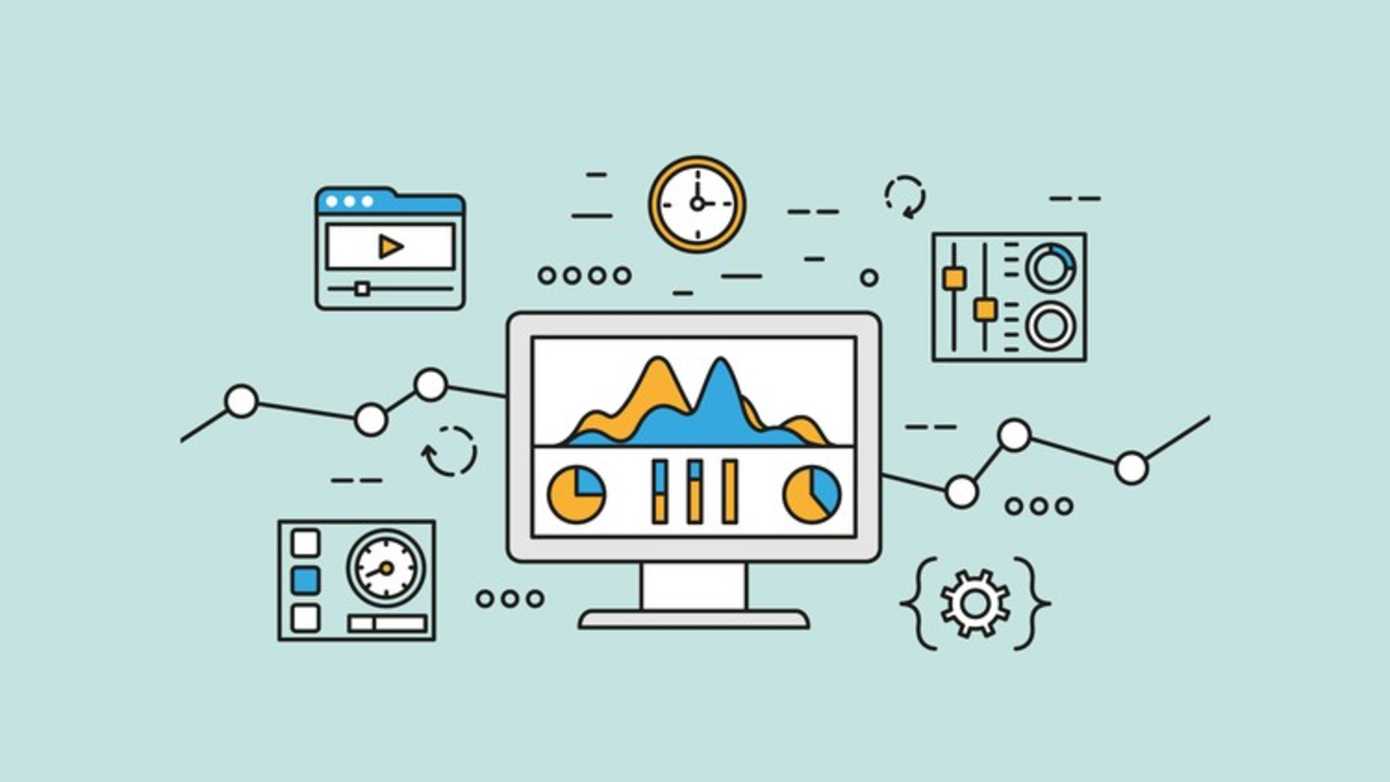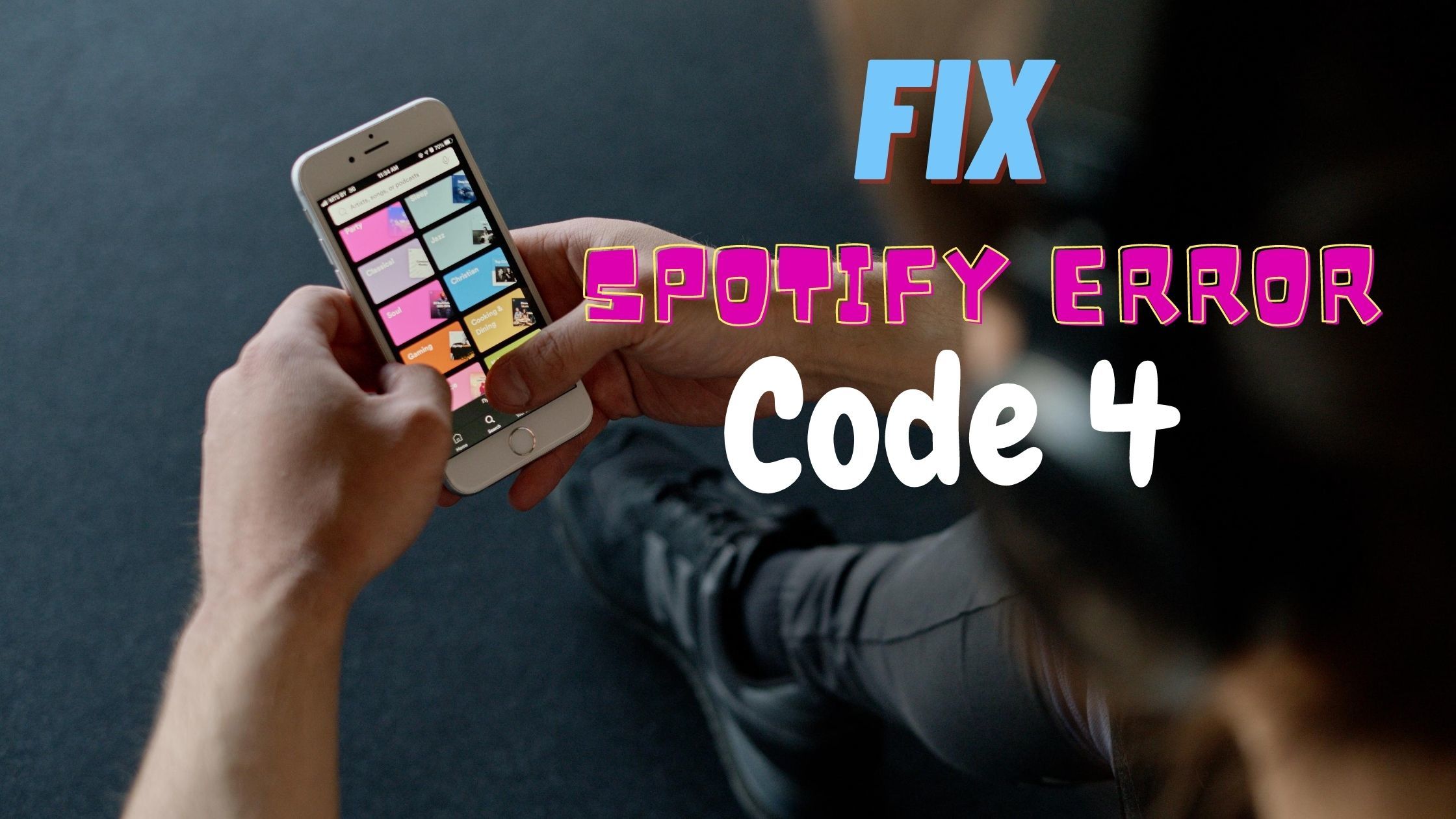Thanks to technological advancement, it is now incredibly easy to gather useful user data from multiple websites and servers. For the same reason, it is easier today than ever to get blocked while gathering data.
This is because websites do not condole repetitive actions and can easily set up measures to prevent them. And slight incidents such as allowing your internet protocol (IP) address and location to be easily read can result in partial or permanent blocking. However, being accompanied by a web scraping API like ZenRows will allow you to easily extract data from any webpage.
One of the most commonly occurring bans is known as geo-blocking and can be responsible for inhibiting the ability of the affected brand to perform competitively in the global market. Other common types of bans prohibit users from visiting them repeatedly. To do this, the websites set up anti-scraping techniques that read an incoming device to see if it had visited the site recently.
Furthermore, an anti-scraping technology can use CAPTCHA tests to distinguish between humans and scraping bots. This makes it impossible for bots to scrape those websites as they get banned after failing the test.
Below, we considered 7 tips that will help you avoid getting blocked when scraping a website.
Table of Contents
What is Web Scraping?
The web scraping process may easily be defined as the automated process of collecting a large amount of data from several sources. The process uses sophisticated algorithms and tools to interact with the data sources and harvest large quantities from them repeatedly. If you’re interested in the more technical aspects of it, check out some web scraping tutorials on fieryflamingo, who have curated some great articles on the topic.
The process and path taken by the web scraper may vary from scraper to scraper; however, they all communicate with data sources such as websites and social media platforms and scrape data in HTML format. Then the extracted data is parsed and transformed into a more readable format such as JSON or Excel Spreadsheet before it is stored in the available storage system.
The extracted data has multiple applications across multiple industries, and some of the most common ways you can use them include the following:
- For monitoring product prices across various markets to maximize profit
- For conducting intensive market research as well as sentiment analysis
- For monitoring market news, trends, and the competition
- For brand monitoring and protection
- For lead generation and email marketing
Why Does Blocking Occur During Web Scraping?
Web scraping is therefore considered very important, and being unable to regularly perform it can cost a brand significant loss enough to cause complete collapse. Below are some of the reasons why blocking web scraping might occur:
1. Using The Wrong User-Agent
A user agent is considered a special type of HTTP header that correctly describes the details of your browser and operating system to the target website. Servers honor requests from some browsers and block requests from others, especially less known browsers.
Using a less-popular browser can cause your activity to be blocked. So does use a browser with a missing user agent or the wrong user agent.
2. CAPTCHA Test
CAPTCHA tests are internet tactics such as image recognition that are designed to differentiate humans from bots. Humans find it easier to pass the test because they are more familiar with the items while scraping bots find it harder to navigate.
In many cases, scraping with a bot can get completely blocked because of the inability to solve CAPTCHAs.
3. Website Structural Changes
Update and changes often occur on websites to keep up with advancements in technologies. However, this can lead to blocking during web scraping when such structural changes occur abruptly.
4. Geo-Restrictions
These are perhaps the most common reasons for widespread blocking during web scraping. They occur when servers put technologies in place to restrict access by devices from specific geographical locations. Wherever geo-restrictions are in place, they can terminate access and prevent the affected devices from scraping the websites.
Tips To Help You Run Web Scraping Without Getting Blocked
The following are 7 of the best tips to help you continue to scrape multiple data sources without getting blocked:
- Picking a reliable proxy server can eliminate all the above issues and allow you uninterrupted access during web scraping. For instance, using a United States proxy will not only help you solve CAPTCHAs put in place by US websites. A US proxy will also allow you unlimited access to content in the United States.
- Using real and recognized user agents that are not broken or missing;
- Be careful of invisible links, also known as honeypot traps, that identify scrapers and block subsequent scraping;
- Always rotate IP addresses, locations, and proxies to make yourself appear as a different user every time you are scraping the web;
- Watch the speed of your scraping and reduce it if possible;
- As much as possible, avoid scraping images as these are considered data-heavy and can increase bandwidth as well as slow down the process;
- Scrape only during off-peak hours and use a headless browser whenever you can.
Conclusion
Web scraping is such an important operation that it would have been better if it has no challenges. However, in reality, it can easily get inhibited by several issues, and the process can be completely banned. Using the tips listed above would ensure that you bypass the challenges and scrape the web smoothly.








